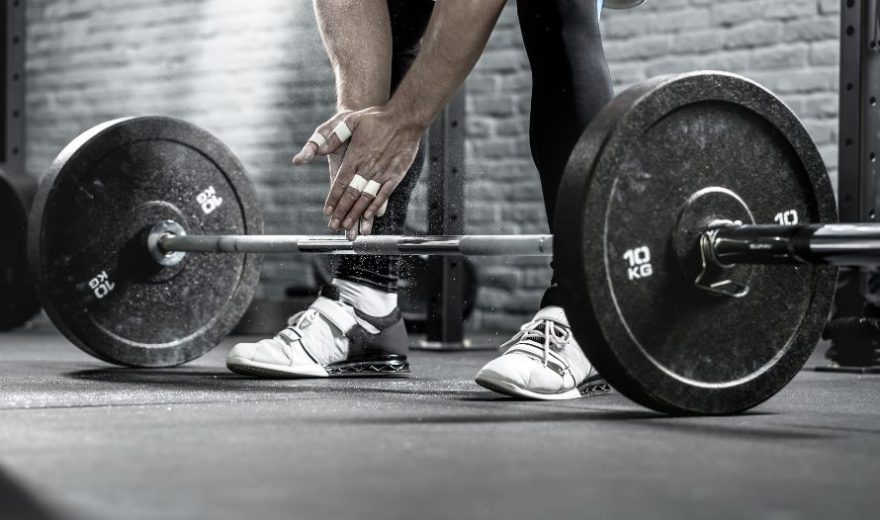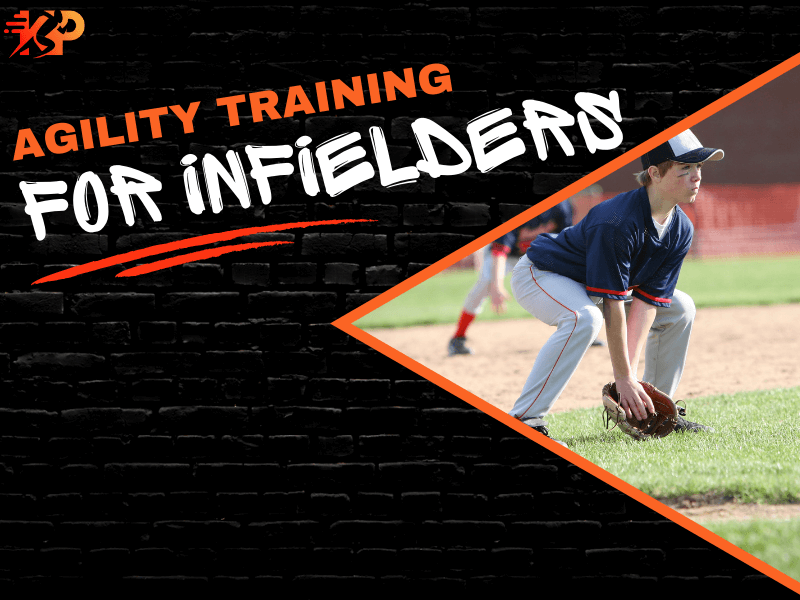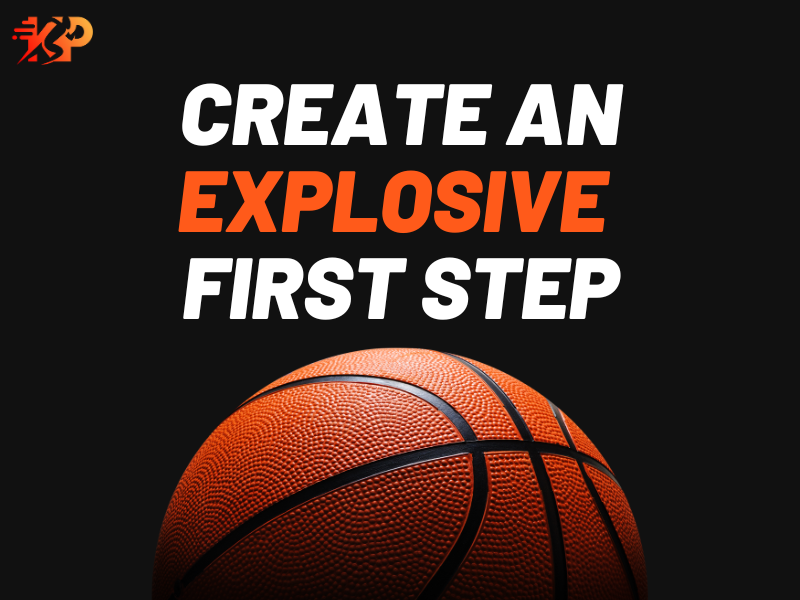What is Sport Specific Training?

By Mark Keil, CSCS
Posted on May 10, 2024

By Mark Keil, CSCS
Posted on May 10, 2024

What does Sport Specific Training mean?
Sport Specific Training is training that mimics the demands of sport to increase the athlete’s performance in sport.
Having 10 years of experience working with athletes and teams, I would personally define it as: training in a way that will improve athletic performance in sport while reducing the likelihood of sport-related injuries.
Over the years, I’ve worked with several Collegiate and Professional Sports Teams. And I’ll tell you- people either love Sport Specific Training or they hate it. There doesn’t really seem to be an in-between (so pick your side wisely).
Why do some people not like Sport Specific Training?
I believe many who are opposed to this style of training have one of two issues with it. The first being the degree to which people take ‘Sport Specific’.
For example, Strength Training Programs should not have a baseball athlete attach a band to a bat (to practice resisted swinging) or have the athlete throw a weighted baseball. Are they bad approaches? Honestly, I don’t know.
Why? Because it’s not my place.
Strength Coaches are not Skill Coaches. And I think, for those opposed to Sport Specific Training, that is where one of the real issues lies – when Strength Coaches cross the line to be Skill Coaches. That should not happen.
The second issue I believe some have with Sport Specific Training is that, in an effort to focus on the muscle groups ‘that matter’, the other muscles (or muscle groups) are left neglected. Using baseball as an example – baseball players need a strong back. However, having them complete half a dozen back exercises and zero chest exercises is going to create a muscular imbalance.
How do you correctly implement Sport Specific Training?
You take a big picture approach and run an analysis on the goals of Training as they relate to the athlete’s sport.
For example, here are few things we did in professional baseball:
- We didn’t have the athletes perform overhead lifts (e.g. – shoulder press; these movements place too much stress on the shoulders and the likelihood of injury outweigh any potential benefit).
- Core training was a priority (to efficiently transfer power between the lower- and upper-body (among all the other benefits of core training)).
- Hip & shoulder mobility routines were often incorporated into the training sessions (to ensure range of motion is not effected by strength training and / or season in general).
Looking at the sport of baseball and realizing we need to protect the shoulders (no overhead lifting), increase the strength of the core, and incorporate hip and shoulder mobility exercises just makes sense. And to me, that is Sport Specific Training – analyzing the sport, determining the needs of the sport, and building the Strength Training Program around those needs.
In conclusion
Sport Specific Training is a great way for athletes to train as long as 1) the Strength Coach does not cross the line to become the Skill Coach and 2) the Strength Coach does not neglect those muscles which may not be the ‘primary focus’.
And in case you’re wondering, we take a Sport Specific approach to training.
We run an analysis to determine the needs of each sport (where does the athlete need strength, power, and mobility to achieve maximal performance), and then create a strength training program that reflects the findings of the analysis.
If you’re interested in a Sport-Specific Strength Training Program for your athlete, then contact me!
While I train athletes in-person in Tulsa, OK, I also train athletes across the country. I’ve created strength training programs that will help your athlete become stronger, faster, and more explosive in sport.
Training Resources



